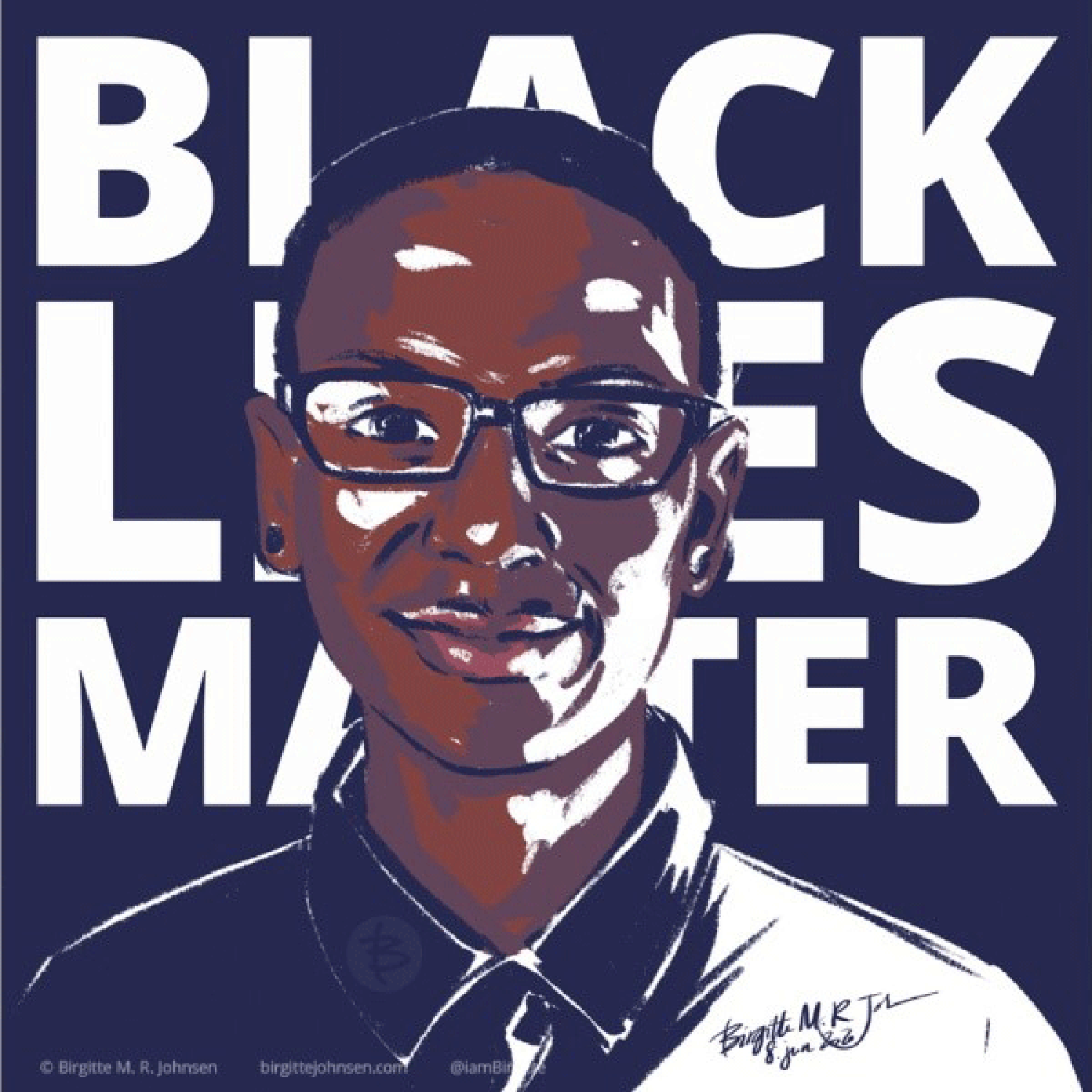
Departmental Commitment to Diversity, Equity, and Inclusion
Black Lives Matter.
The time for outrage and initiating meaningful action is long overdue. As a department, we have been slow to deliver a proper response. In recent weeks, we have been reckoning, on personal and organizational levels, with the challenges before us and have come together to construct our path forward to better address systemic racism within our community, university, and department. We speak now from a place of commitment and with an eye toward the development and implementation of concrete actions and measurable outcomes that will effect change.
We condemn in the strongest possible terms the police brutality and racial violence that resulted in the killing of George Floyd, Breonna Taylor, Rayshard Brooks, Elijah McClain, and countless others. We recognize that there is more we can and should do, and should have already been doing, to support anti-racism in our department and community. Psychology and neuroscience examines the myriad ways that forces such as stress, trauma, stereotyping, prejudice, and racism impact the development and function of the mind and brain, as well as mental and physical health, access to healthcare, educational and economic outcomes, and quality of life more broadly. For these reasons, we believe we have a unique responsibility to contribute to the dialogue surrounding police, political, and societal reform. However, talk is not enough. We commit to work to improve the climate, support, and representation of Black people, Indigenous people, and People of Color (BIPOC), both within our own ranks and outside our organization. We recognize that to do so requires a better understanding of how we can serve as allies in the fight against systems of oppression, institutionalized racism, and historical injustice.
The action and determination of the undergraduate and graduate students in our department, and across campus, has been inspiring. For example, we support the efforts of Black students on campus and encourage you to read and support the Black Students Alliance’s petition to the CU Administration. The quick response of students and other departments across campus laid bare our department’s unintended message of complicity through initial inaction and silence. Although there is much work to be done, we are now developing immediate and future steps toward enacting change. We have formed multiple working groups of students, postdoctoral researchers, and faculty who will update our departmental and programmatic mission statements to state explicitly that diversity, equity, and inclusion are central to the teaching and scientific mission of our community. Our department is also creating a Diversity, Equity, and Inclusion Initiative led by a committee with broad departmental representation. This initiative will extend efforts to foster a more welcoming climate underscored by a sustainable departmental infrastructure that is supportive of our values and guiding principles to confront institutional racism and produce lasting and meaningful change. Accordingly, we commit to updating our teaching practices including incorporating inclusive content in our syllabi and other course materials. We will evaluate the BIPOC representation of invited colloquium speakers. We will also restructure our efforts to recruit and retain outstanding staff, graduate students, and faculty of color, and increase the representation of BIPOC undergraduates in our research labs. Importantly, we will ensure that these and other related practices are guided by anti-racist ideals.
We recognize that these efforts are just the beginning of a continuing and expanding plan. We commit to using this moment as an opportunity to examine our current actions and learn from those of our past. In embracing this time of self-reflection, we will listen to our community, consider deeply their ideas and suggestions, and sustain the work of anti-racism through policy change in our department and campus at large. Our department has lacked avenues through which individuals can safely address their concerns and share their experiences. We have created a webform and we invite you to share your thoughts, experiences, and feedback with the department now or at any time in the future.
We finish with a quote that resonates with us and will guide our actions to transform our community atmosphere within and beyond Psychology and Neuroscience:
“One either allows racial inequities to persevere, as a racist, or confronts racial inequities, as an antiracist. There is no in-between safe space of “not racist.” The claim of “not racist” neutrality is a mask for racism.”
― Ibram X. Kendi, How to Be an Antiracist

The above artwork was created by Birgitte Johnsen

